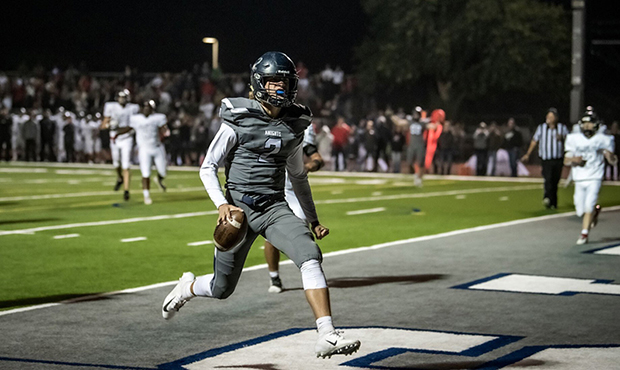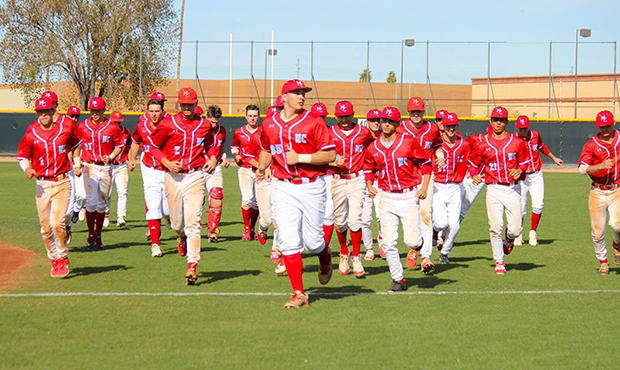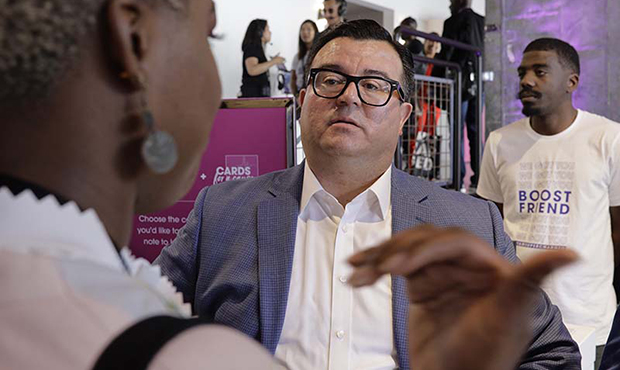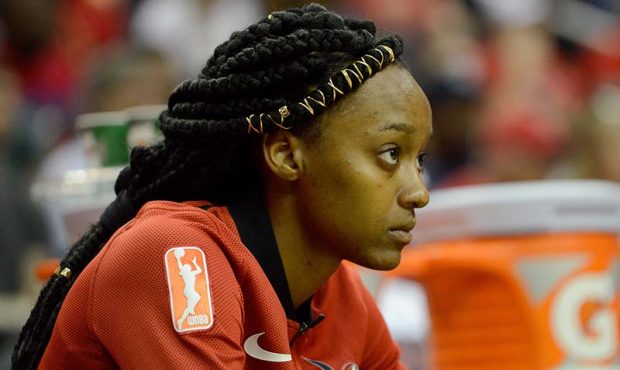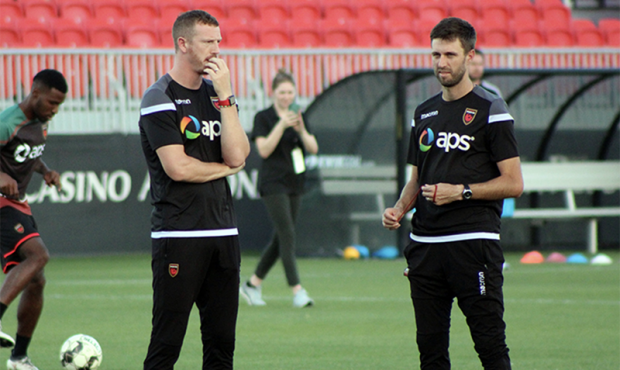As states legalize gambling, media must address coverage
May 30, 2018, 7:24 AM
PHOENIX — The U.S. Supreme Court’s surprise decision to overturn the 1992 Professional and Amateur Sports Protection Act not only raises questions about state legalization but also how the ruling will impact the creation and consumption of sports content.
The act had banned states, with the exception of Nevada, from offering legal sports gambling. Although the decision does not make it legal nationwide, it does give individual states the power to legalize sports gambling.
Eilers & Krejcik Gaming, LLC, a research firm focusing on the gaming industry, has estimated that 14 states will legalize sports betting within two years, with 18 more to legalize sports gambling within the next five years. According to Eilers & Krejcik, Arizona is one of those 18.
“I got more texts of congratulations when the decision came down than I did when I had kids. No joke,” said Chad Millman, the head of media at The Action Network, a recently formed sports media outlet directed at gambling content.
Since the decision went final on May 14, The Action Network is already experiencing a boost in traffic to its site.
“I would compare it to when fantasy football took off. … All of a sudden there’s fantasy football shows and websites dedicated to fantasy football,” said Sean Green, the co-host of the Sports Gambling Podcast. “Now I think it’ll be, ‘Here’s our half-an-hour show dedicated to sports gambling.’”
In 2017, ESPN aired three consecutive hours of fantasy football programming on ESPN2 leading up to Sunday NFL kickoffs.
“Instead of hearing a backstory on a player like, ‘Hey, this guy volunteers at a local youth group,’ it’ll be replaced by a segment of late line movement and where you should lay your money betting wise,” Green said.
Jay Dieffenbach, editor for pro sports at the Arizona Republic and azcentral.com, doesn’t believe the legal status of gambling will change the content generated by traditional outlets too much. At most, he believes they may create a gambling column, functioning more as a peripheral interest piece than a gambling advice piece.
“We never felt it was in our best interest, from a business standpoint, to write columns on gambling advice,” Dieffenbach said. “If you’re an expert, you’re not working for a newspaper — you’re living in Las Vegas making a ton of money.”
Millman disagreed.
“I think that’s a pretty antiquated perspective. I think that a lot of people that are covering it, and this includes me, are people that never claimed to be big bettors. I’ve always covered it because I thought it would be an interesting beat.”
In this regard, gambling, like the Phoenix Suns or high school football beats, would be covered by traditional media with their own specific beat writers and website vertical, with the ultimate goal of connecting fans with the industry.
“It helps the peripheral sports fan feel a little more educated, if they can get more information and they’re more equipped to talk about it and they feel smarter,” Dieffenbach said. “In that sense, there’s a place for it, and consumers will probably eat up quite a bit of these gambling pieces.”
The big four professional sports leagues have been pushing back on the idea of gambling for years. Recently, opinions have changed, with the NBA and MLB asking for a 1 percent “‘integrity fee” off the top of all bets placed on their sports, and the NFL pushing for federal regulations.
“That’s the dirty little secret about the NFL and these leagues: They’re benefiting from people betting on the NFL. In terms of meaningless games, it makes it meaningful,” Green said. “(Leagues) want the biggest rating possible. If the game is a blowout, you’re going to tune out, but if you have money on the game, you’re going to stick around.”
“I think it will eventually significantly help engagement,” Millman said. “People are just going to watch sports for longer.”
From a league perspective, more eyes lead to bigger ratings which lead to bigger television contracts and increased revenue.
Time will tell what these decisions mean for the legalization of gambling in Arizona. And the coverage that will follow.

